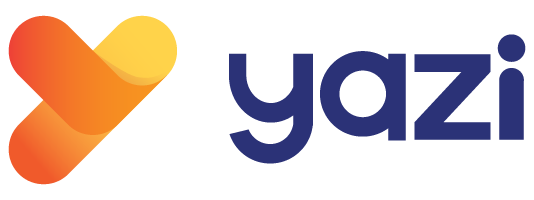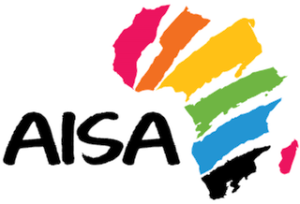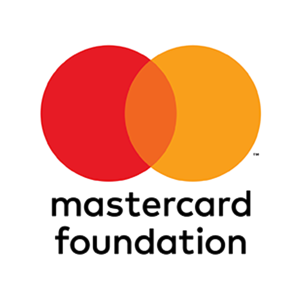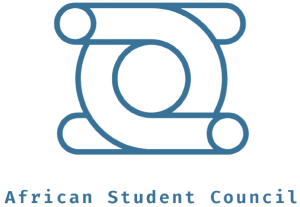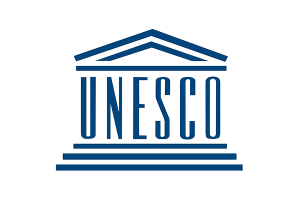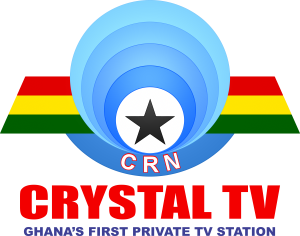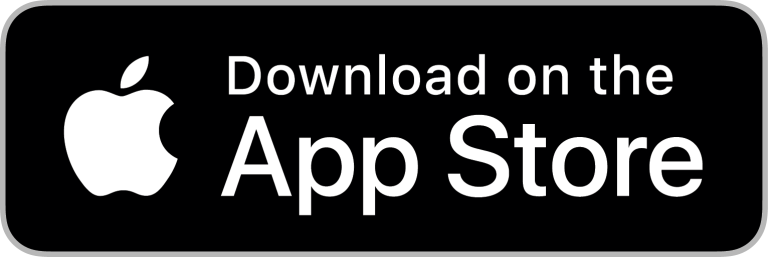New Africa, New You
STEAM Challenge
Are You aged 9 to 18?
The Yazi Academy in collaboration with the African Student Council presents the biggest African STEAM challenge starting on 1st March, 2023.
Join hundreds of children in Africa as they think collectively, collaborate and solve problems.
NANY Partners
What is the challenge about?
The African Development Bank has reported that less than 25% of African higher education students pursue STEAM-related career fields, with more students pursuing social sciences and humanities (source).
The African Student Council (ASC), in partnership with Yazi, wants to encourage more students to embrace STEAM (Science, Technology, Engineering, Art, and Mathematics) careers for the betterment of Africa.
Who can join?
- Must be resident on the African continent: Learners residing on the African continent must have been on the continent for at least one year.
- Age: 9 – 18 years
Program Details
How to join
Submit a proposal
In partnership with Yazi, AISA, and UNICEF, ASC introduces the yearly New Africa, New You Challenge. Learners aged 9 to 18 are called to submit a STEAM-inclined solution to a problem they and/or their community face. Contestants can choose from any of the 17 Sustainable Development Goals or the five current issues faced by the continent presented by Yazi (below).
Learners must formulate a solution to one of these issues or any other problem their community faces. Starting March 1st and ending March 30th, 2023, students complete their submission via a 3 to 5 minutes recording of themselves on the Yazi Learner App. Should students need help, they can get help on the application from volunteer diaspora mentors on the Yazi Guide at no cost.
First, learners or participants must download the Yazi Learner App on Play Store and App store.
Learners are asked to submit a proposal in the form of a video or written words explaining their chosen challenge, their proposed solution, and a prototype of that solution. The prototype can be in any desired format, including but not limited to a robot, a doodle, a piece of code, a drawing, a sound, or any chosen design that conveys the intention.
Submit 3 journal entries
As STEAM often requires an iterative process, we require every contestant to submit three additional journal entries that show their critical thinking process and journey. The journal submission can be in video, audio, or written word format. Therefore every learner is required to complete a total of four entries on the Yazi Learner Application to be considered. The limit for each proposal format is as follows:
Acceptable submissions formats
- Video: Acceptable digital format – MP4; 3 – 5 minutes long.
- Audio: Acceptable digital format – MP3; 3 – 6 minutes long.
- Written words: Acceptable digital format – Docx, Google Doc, pdf; 500 – 1000 words.
Prizes
- First Place: Scholarship to Ashesi University + $100 yazi credit + a choice of below
- Second Place: $500 Yazi credit + PlayStation 5
- Third Place: $500 Yazi credit + Meta Quest 2 VR Headset
- Fourth Place: $500 Yazi credit + Nintendo Switch
- Fifth – Tenth Place: $25 Yazi credit each +STEAM Kits
Selection Criteria
- We will assess proposals based on four pillars: relevancy, impact, adequacy, and presentation for extra points.
- Contestants must submit at least 3 video diaries to document their process.
- A submission in all local dialects, including but not limited to sign language, is welcomed.
- Contestants can enlist the help of anyone they wish; however, the final project must be presented by them alone.
How a winner is chosen
Choosing a Winner
To express the power of collaboration when facing challenges, the ASC and Yazi have decided on “New Africa. New You.” submissions will be accessed based on four pillar criteria: collaboration, communication, critical thinking and creativity for extra points.
- Collaboration/Communication (Impact/SDG relevancy): The first criteria aims to measure the learners ability to work collaboratively with people in his community to solve their common problems.
- Problem-solving/critical thinking (Adequacy): This criterion measures the level of adequacy between the stated problem and the proposed solution. It also evaluates the learners ability to solve the encountered challenges.
- Creativity (presentation): The third criterion takes notice of
- Eloquence and articulation
- Appropriate use of gestures
- Intelligent use of material resources (level of artistic expression)
- Display of confidence.
Judging
- Step one: All proposals will be posted online @ nany.yaziacademy.com for crowd voting and stack ranking.
- Step two: An educator panel comprising one member from each sovereign African nation for a total of 54 teachers will review and stack rank proposals in their respective countries. Narrowing down our recommendation pull to 162.
- Step three: The country ranking will be passed to our panel of judges, comprising five distinguished leaders in the field of STEAM. They select our ten winners and stack rank them.
Timeline
| PERIOD | BEGINS | ENDS |
|---|---|---|
| Contest | March 1st, 2023 | - - |
| Video Journal Submissions | March 1st, 2023 | March, 31st 2023 |
| Online Crowd Voting | April 7th, 2023 | April 14th, 2023 |
| Educators Choices | April 21st, 2023 | April 28th, 2023 |
| Judges Panel Selection Announcement | - - | May 15th, 2023 |
| Televised Winner Ceremony | - - | May 25th, 2023 (Africa Day) |
| Prize Delivery Deadline | - - | June 30th, 2023 |
Yazi Suggestion for Current Issues
Poverty
Although the poverty rate in Africa has dropped in recent years, rapid population growth means that the number of people suffering from poverty keeps growing: from 280 million in 1990 to an estimated 330 in 2012.
Poor Education
More than two out of five African adults cannot read or write.
Health
Health outcomes are worse in Africa than elsewhere, even though life expectancy at birth has risen and chronic child malnutrition has declined since the mid-1990s.
Violence
Tolerance of domestic violence is twice as high compared to the rest of the world. Incidents of violence against civilians are on the rise.
Hunger
Of the 20 countries with the worst food and nutrition security, 19 are in Africa.
